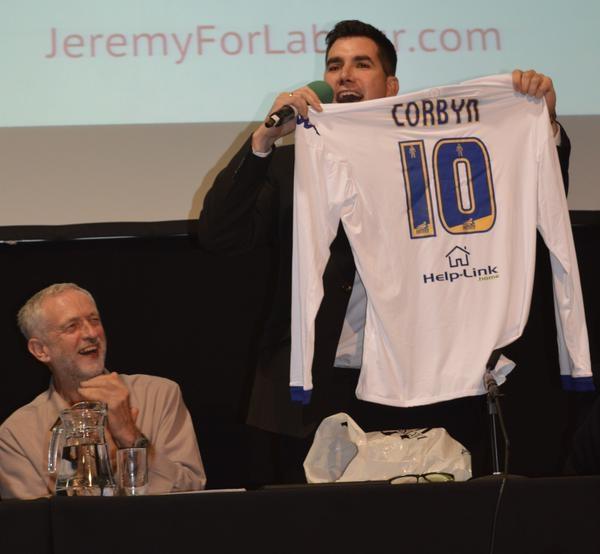Of course, it’s not unusual for candidates to tack toward the extremes in membership contests, believing they can move back to the center when facing a national election. But the demands of the Twitter Primary risk saddling politicians with fringe positions they will
struggle to moderate later. The stridency of highly polarized voices online also has a chilling effect on less engaged and less confident tweeters. The echo chamber of social media reassures those extreme voices that they are in fact the mainstream, even convincing Labour activists that the party was not set for a wipeout in the general election—before it received its worst result in
almost a century.
Here’s one example of the Twitter Primary in action. In December, the Labour politician Rebecca Long-Bailey wrote an article that was seen as her pitch to be the party’s next leader. It was published in
The Guardian, a newspaper that backed Corbyn’s Labour, and Long-Bailey herself is the anointed successor of Corbyn’s right-hand man, John McDonnell. The piece was mostly bland, but one phrase stood out: “progressive patriotism.” The
top Twitter results for that phrase show the tenor of responses from the left. “We're now an electorate that can only be bought with racism,” reads one tweet
with 1,400 likes. “Or ‘progressive patriotism’, to give it its latest fancy name.” (In the piece that officially
launched her campaign, Long-Bailey did not repeat the phrase.) Yet to read so directly across from “patriotism” to “racism” is a fringe position. Some
67 percent of Britons describe themselves as “very” or “slightly” patriotic.” Telling two-thirds of the country that they are secretly racist is a courageous electoral strategy.

